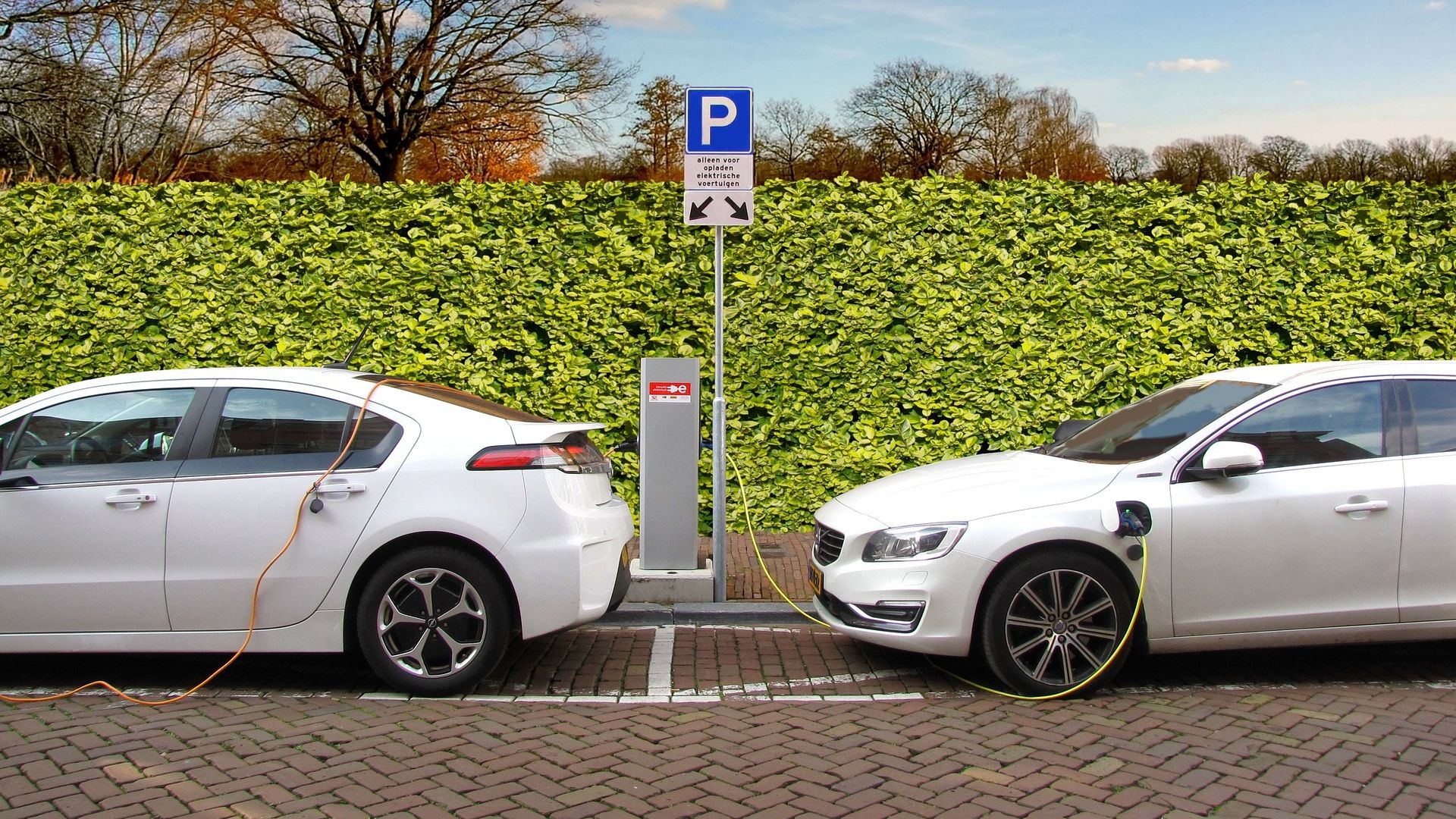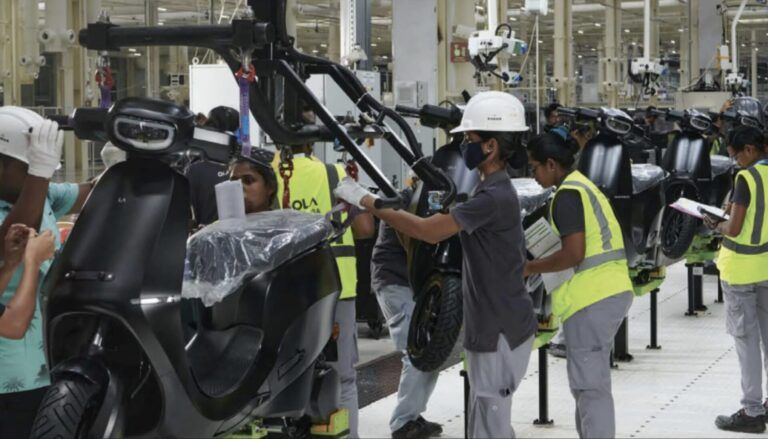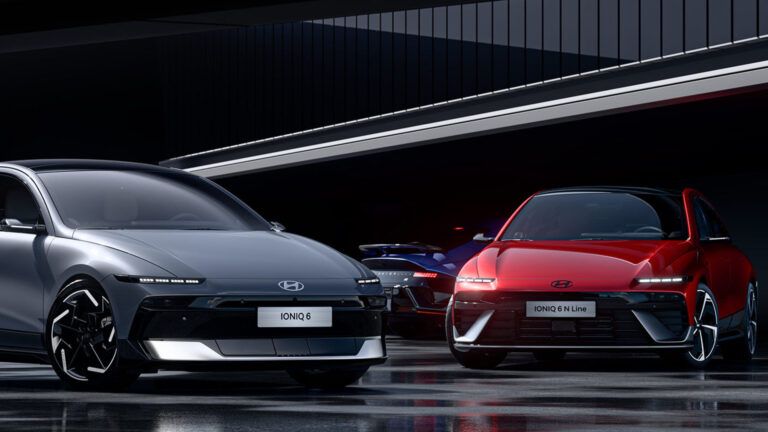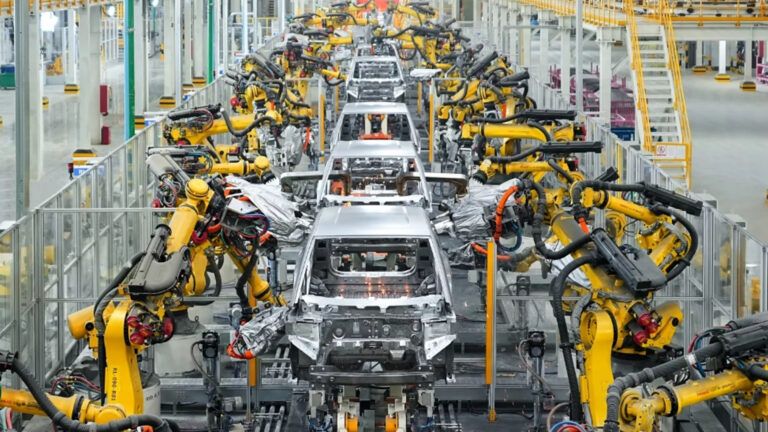BloombergNEF, part of Bloomberg Finance, has released its newest Long-Term Electric Vehicle Outlook. The report suggests that while some markets may see uncertain growth in the short term, electric vehicles will keep gaining popularity worldwide.
The report mentions that battery prices are declining, battery technology is advancing, and EVs are becoming more cost-effective compared to ICE vehicles. These factors are driving the long-term growth of the electric vehicle industry.
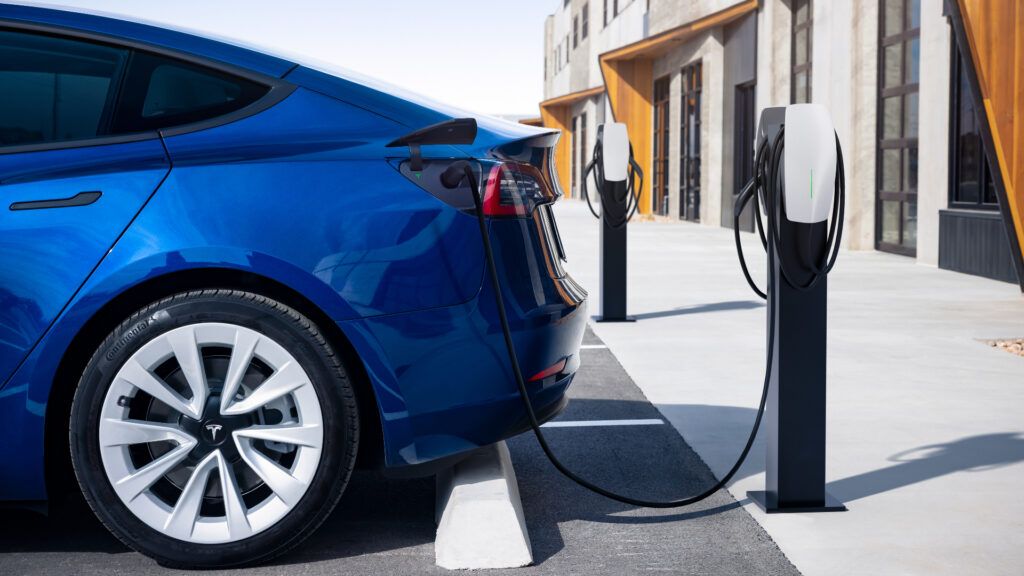
Global EV Adoption
As per the report’s ‘business as usual’ situation, global sales of EVs may increase to 30.2 million by 2027, up from 13.9 million in 2023. This growth signifies an average yearly increase of 21% over the next four years. However, this rate is slower than the rapid 61% average annual growth from 2020 to 2023.
By 2027, EVs can make up 33% of all new passenger vehicle sales worldwide, an increase from 17.8% in 2023. Moreover, China, Europe, and the United States may account for a significant 89% of global sales of electric passenger vehicles in 2027.
Also, the ETS expects that as electric vehicle costs become more economical, more people will choose to buy them. They predict that by 2030, EVs will make up 45% of all global passenger vehicle sales and a remarkable 73% by 2040.

What about the India’s EV Market?
According to BloombergNEF’s report, India’s electric vehicle market will grow significantly in the coming years. This can be credited to the increased consumer interest and more available car models.
However, compared to other large economies, India will adopt EVs at a slower pace. Under the business-as-usual setting, India’s electric vehicle sales may triple to 284,400 units by 2027.
Furthermore, as technology advances and battery prices drop, India’s adoption of EVs will change from being policies-influenced to being more driven by consumer interest. This transition will lead to a significant increase in India’s electric vehicle sales after 2030. The ETS forecasts that annual sales could exceed 5.9 million units by 2040.
However, the report indicates that by 2040, India will continue to lag behind the global rate of electric vehicle adoption, even after experiencing significant growth in EV sales. Interestingly, Southeast Asia and Brazil will witness the scenario.
BloombergNEF’s report is generally optimistic about India’s electric vehicle industry. However, the shift to EVs in India will happen more slowly compared to top markets like China, Europe, and the United States.

